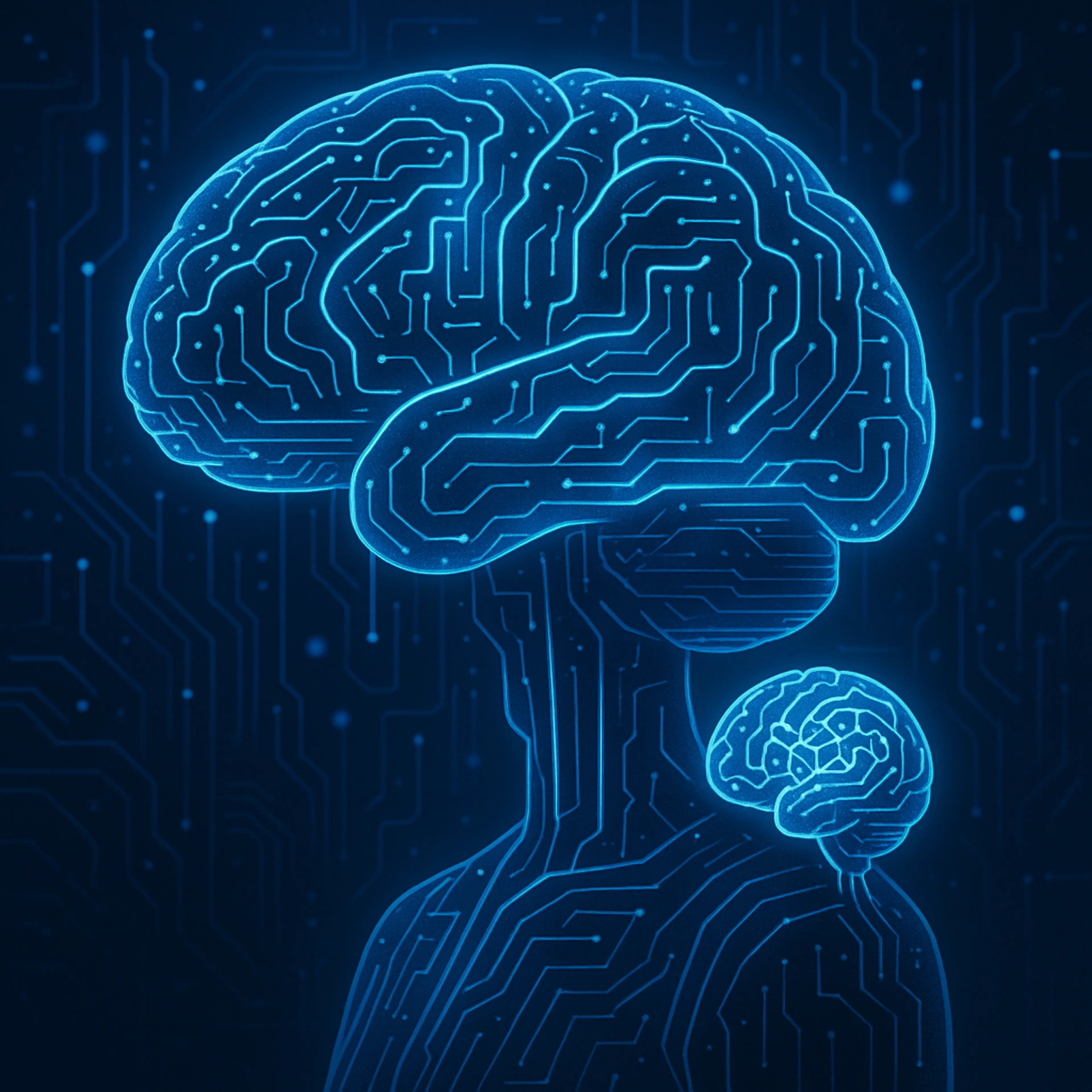
Meet Eujin Au, Principal Consultant. Mobile dev by origin, principal architect and consultant, a system thinker by nature, a dad to ‘twinadoes’, and someone who prides himself on his motto: “I do whatever the moment requires.” An OG Alphero teamie who’s been with us for 12 years and counting, got one of the most pragmatic, yet nuanced brains in the building. And lucky us: we got to pick that brain to hear all about how he’s seeing the future of development changing with AI.
Eujin doesn’t throw around buzzwords. He doesn’t get excited by shiny things for the sake of it. But when there’s a real problem to solve in a smart, scalable way, he’s usually the one leading it. His relationship with AI, like most things he does, is grounded in a kind of practical brilliance.
Euj has been using AI to speed up the repetitive stuff such as turning screenshots of XLS spreadsheets into structured data, generating boilerplate code, drafting db queries he can tweak. It’s helpful. It’s efficient. But he’s careful not to let it take over the thinking. For Euj, the AI value-add is what it enables: more thinking space to focus on higher-value problems. That, he says, is where the real opportunity lies.
“It’s not about being faster. It’s about being freed up to do the thinking that actually matters.”
Take a recent example: when a plug-and-play CRM tool couldn’t quite meet our needs, Euj rolled up his sleeves and built a better way to forecast pre-sales in the Trello environment we were already using. It was efficient, sustainable, and (crucially) didn’t reinvent what already worked.
“It’s the laziness of experience,” he says, deadpan. “If something does the job, use it. That frees you up to solve the parts of the problem that actually need solving.”
That’s a throughline in how he uses AI too: not to replace thinking, but to make space for better thinking. "It doesn’t take a lot of cognitive power to write reference data from a spreadsheet," he says. "So I get AI to do that bit. Then I use my energy for the complex stuff.”
Because for Euj, tools are just tools. It’s what you do with them that counts.
When asked what AI means for the next generation of developers, he doesn’t hesitate: “Answers are everywhere now. But if you don’t question them, you’ll never peek behind the curtain of understanding. You’ll just copy, paste, and hope.”
His advice? Be curious. Stay critical. Don’t outsource your judgement.
It’s a principle that applies far beyond code. Eujin approaches every challenge as a systems thinker, understanding the context, not just the components.
And when it comes to the future of his craft?
“AI’s just a tool. It won’t make you better — you make you better.”
That’s the kind of wisdom we’re here for.


